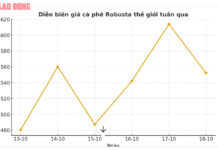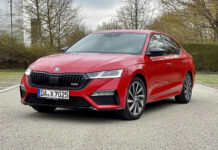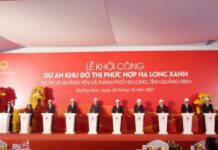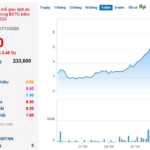After witnessing the decline in the domestic car market, many Chinese car manufacturers have begun to expand into other countries. The United States is the world’s second largest car market, naturally attracting the attention of Chinese car manufacturers.
However, the number of Chinese cars imported into the United States is still very small. The reason turns out to have started from the term of the 45th President of the United States – Donald Trump.
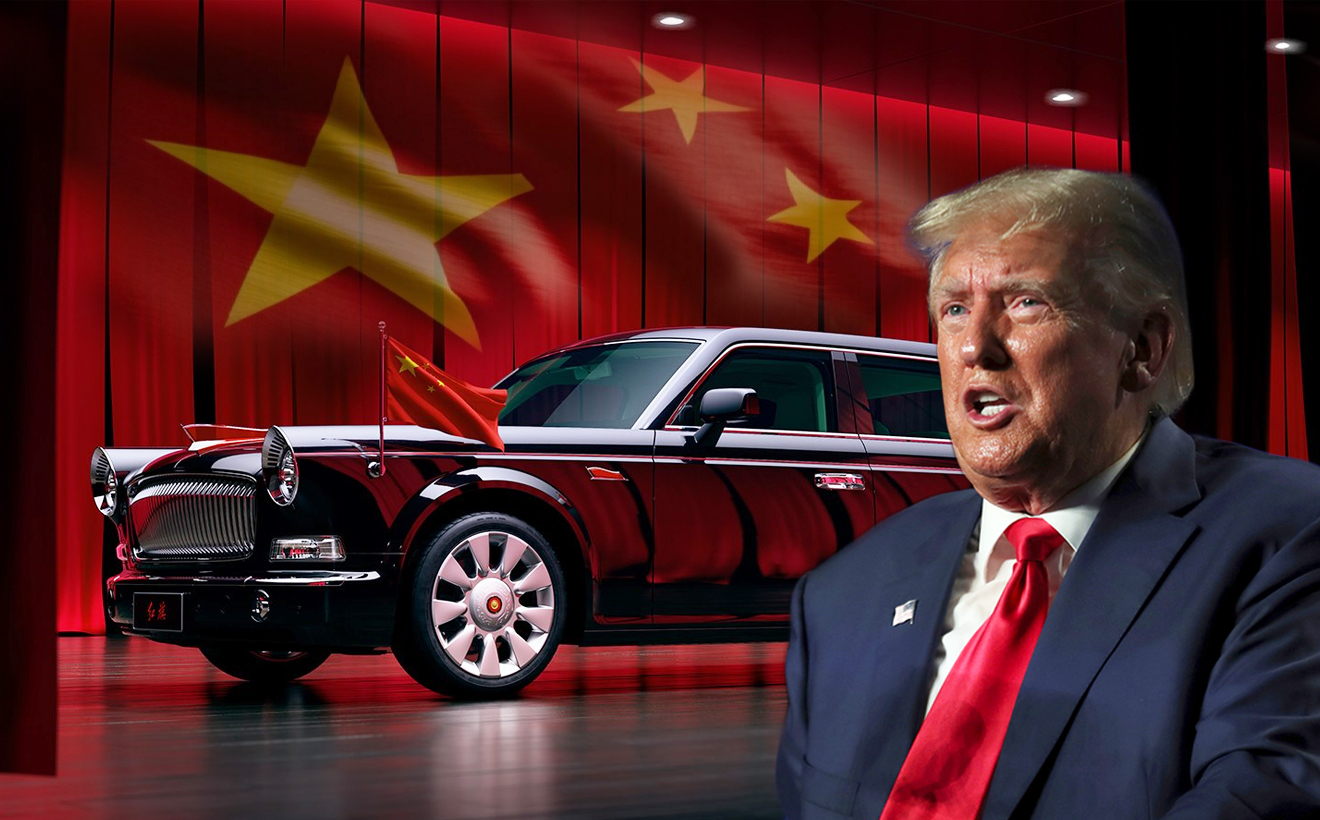
Former U.S. President Donald Trump imposed a 25% tariff on cars produced in China and imported into the United States.
During his term, Donald Trump was extremely extreme in trade between the United States and China, continuously imposing high tariffs on products from China in an effort to “Make America Great Again”.
According to WSJ, Chinese cars imported into the United States currently have to bear a 27.5% tariff, including a 2.5% import tax similar to other imported cars, and a 25% special import tax.
This additional tariff has been in effect since 2018 during Donald Trump’s term. This is also considered the peak of the period many people call the “U.S.-China Trade War”.

A Chinese electric car NIO ES6 with a California license plate on the streets of the United States.
The source of this tariff is believed to stem from Donald Trump’s discovery of the tax difference between the United States and China.
In April 2018, Donald Trump posted on Twitter (now X) mentioning the discrepancy in taxes imposed on cars imported from the United States into China and those imported from China into the United States. According to him, cars produced in the United States and imported into China are subject to a 25% tariff, while in reverse, Made in China cars are subject to only a 2.5% tariff when imported into the United States.
In the same post, Donald Trump expressed his dissatisfaction with this perceived unfairness.
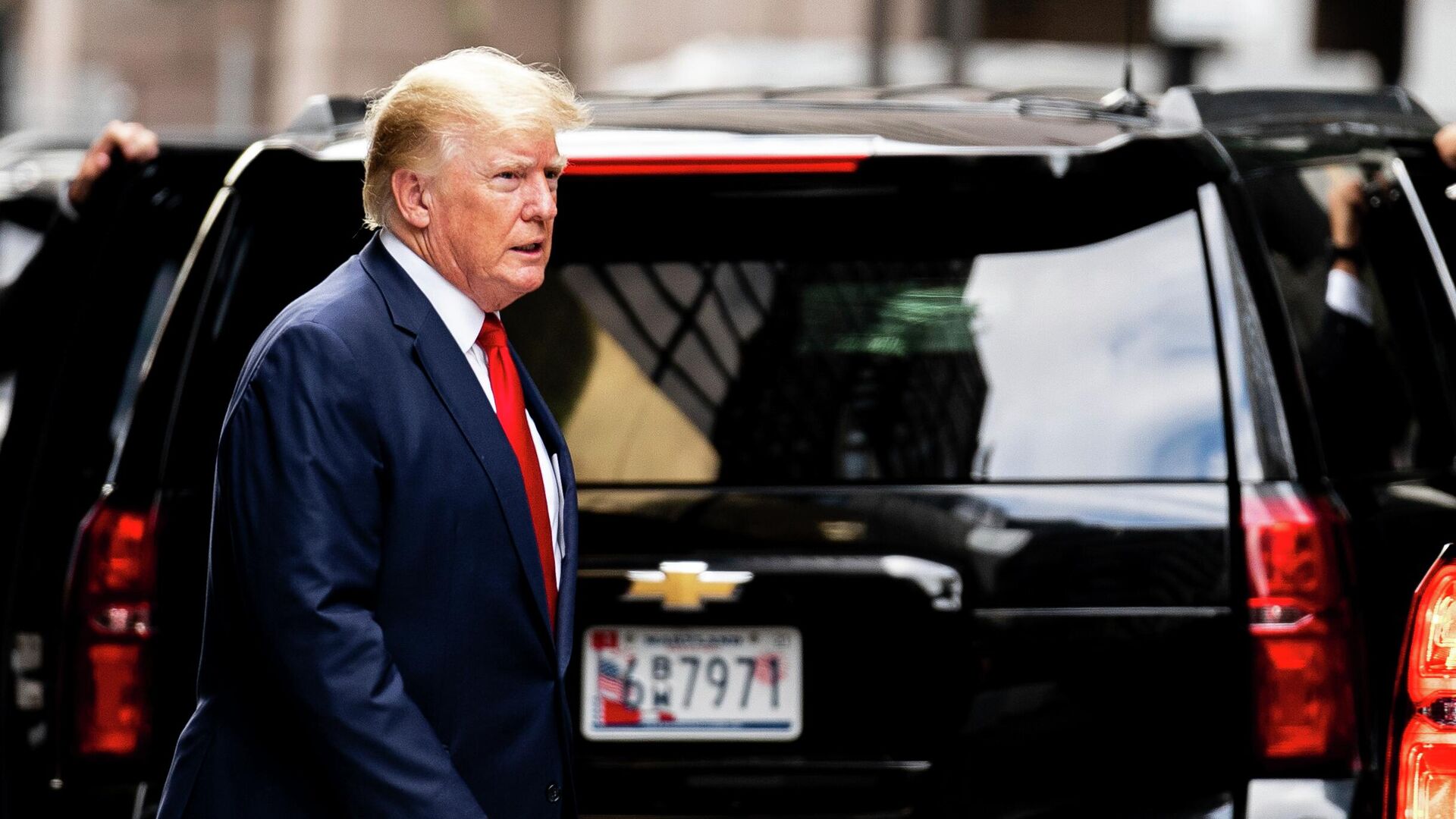
Donald Trump tweeted about the difference in import taxes on cars between the United States and China.
The figures Donald Trump mentioned in the post were determined to be taken from government trade data. That imbalance in tax rates is correct, but in terms of the proportion of cars in the market, it may not be proportional.
In 2018, Michael Hicks, Director of the Center for Business and Economic Research at Ball State University (USA), pointed out that the number of Chinese cars imported into the United States is very low. He said the rate was about 3 out of 10,000 cars sold in the United States in 2017.
He also said: “For every car we import from China, we export 6. There is no Made in China car bearing the Chinese brand (most are Volvo cars). Our car industry is doing very well in China, while Chinese cars [in the United States] are still struggling.”
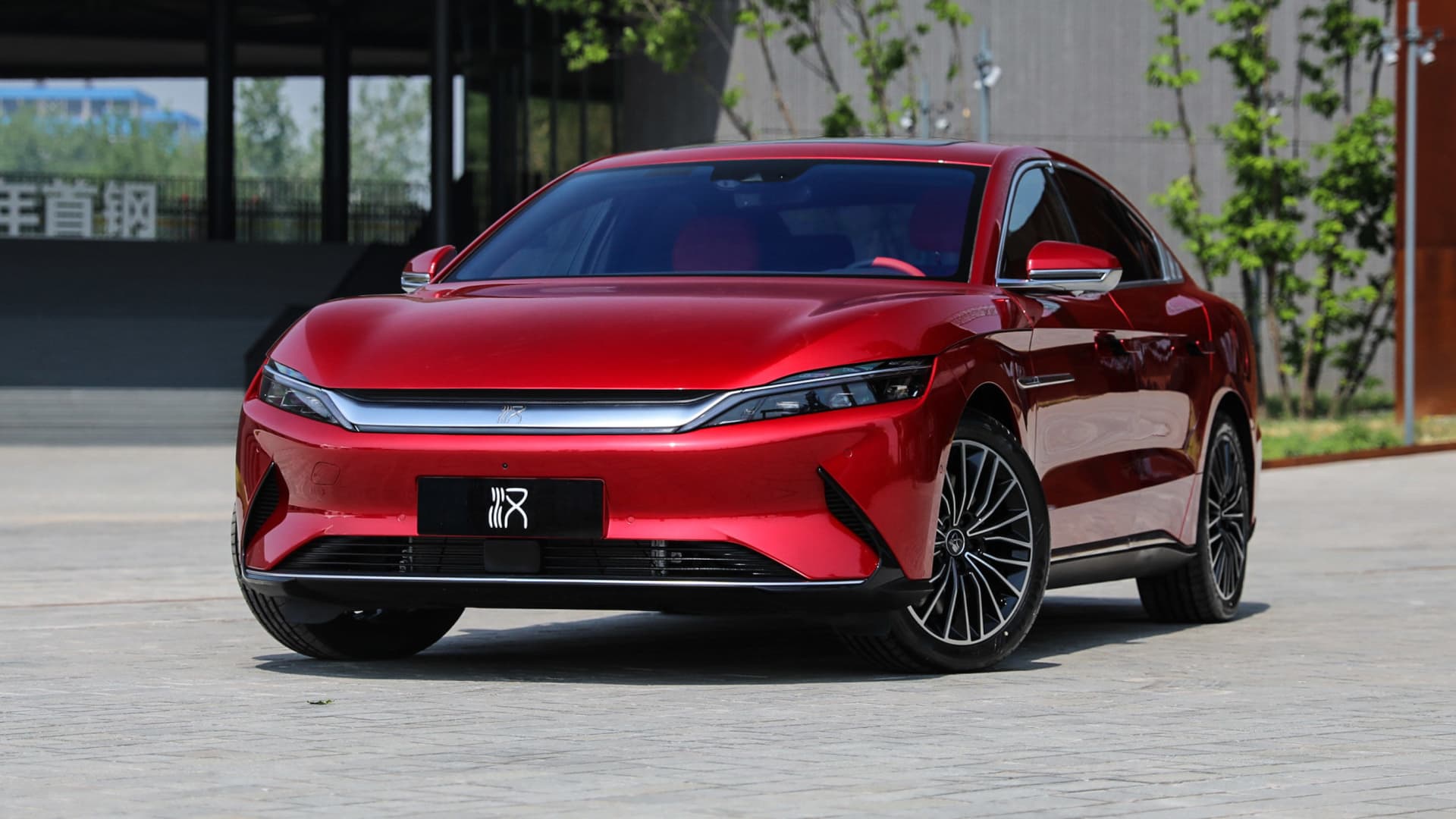
BYD (China) is said to be looking for a site for a factory in Mexico.
However, the situation today is very different: Chinese car manufacturers are targeting the United States, while the United States is trying to prevent them.
Reuters had an article in late December that President Joe Biden’s administration is discussing increasing tariffs on goods from China, including electric cars. The article also mentioned that U.S. lawmakers realize that the current tariff level is insufficient as many U.S. car companies can still import cars from China for sale.
While U.S. lawmakers are still trying to prevent them, Chinese car manufacturers seem to have found a loophole in the U.S. customs duty barrier. Specifically, Chinese manufacturers are turning to building factories in Mexico.
With a factory in the neighboring country south of the United States, Chinese car models can bypass the 25% tariff imposed on cars produced in China. At the same time, Mexico also has advantages such as low labor costs, a convenient location for transportation fees not being a burden. In addition, if Chinese manufacturers can comply with stringent standards in the U.S.-Canada-Mexico cooperation, they may not be subject to any tariffs.



